In parallel with strengthening security and defense cooperation with many parties, Japan is now becoming an emerging arms supplier in the Indo- Pacific .
Breaking Defense recently reported that Japan is in talks with Australia, Indonesia, the Philippines and other countries as part of its efforts to export weapons to parties in the Indo- Pacific .
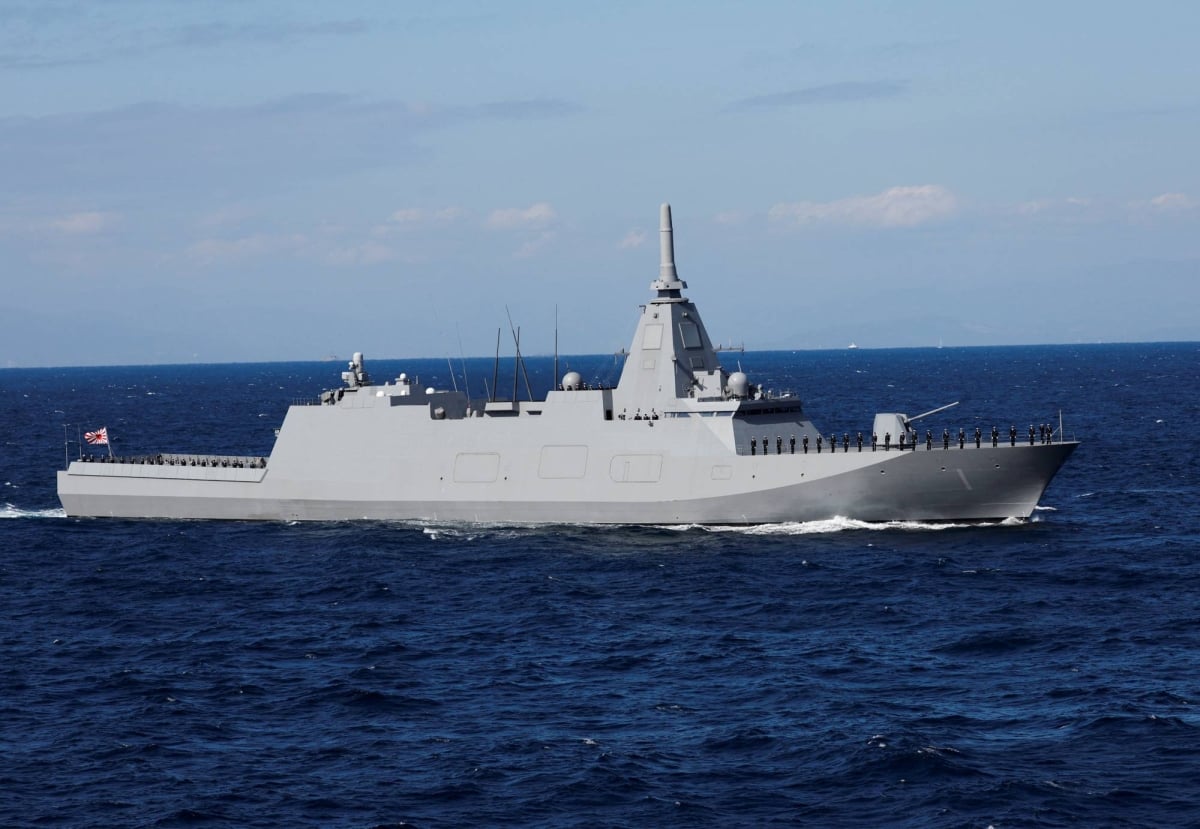
A Japanese Mogami-class frigate
New "PLAY"
On February 24, during his visit to the Philippines, Japanese Defense Minister Gen Nakatani publicly pledged closer defense cooperation between Tokyo and Manila amid the tense situation in the South China Sea. This cooperation includes increased technology sharing and the provision of weapons such as radar systems that Japan recently provided to the Philippines. This radar system is installed on the island of Luzon. However, Minister Nakatani did not specifically disclose other weapons systems that will be transferred to the Philippines.
In mid-February, The Japan Times quoted an announcement from the Japan Maritime Self-Defense Force that it would send a Mogami-class corvette to Australia to participate in a joint exercise. The Mogami's participation in the exercise was intended to promote Canberra in its efforts to win a contract to build new warships for Australia to replace the Anzac-class ships. Worth about half a billion dollars, the Mogami-class warships are considered to be among the most "luxurious" corvettes in the world today with stealth capabilities, equipped with many weapons and modern combat technology. Japan is competing with Germany to win the Australian contract, which has a total value of 4.3 - 6.8 billion dollars.
In 2016, Japan "stumbled" in winning a contract to supply submarines to Australia. Although it does not own nuclear submarines, Japan is considered the world's leading manufacturer of modern diesel-electric submarines.
In addition, many defense sources have recently revealed that Japan may provide P-3 Orion anti-submarine aircraft to a Southeast Asian country to deal with Chinese submarine activities in the East Sea. In 2024, Japan announced that it would sell Patriot missiles to the US so that Washington could make up for the shortage in its arsenal due to funding for Ukraine.
Japan, the UK and Italy are working together to develop a sixth-generation fighter under the Global Combat Air Programme (GCAP). Tokyo hopes to deploy a number of sixth-generation fighters in the early 2030s. Early last year, Japan approved a plan to sell sixth-generation fighters to other countries.
Not just making money
Over the years, despite constitutional restrictions on military activities outside the country and arms exports, Japan's defense industry has been growing steadily. The country has upgraded its Izumo-class helicopter destroyers to become aircraft carriers capable of carrying fifth-generation stealth F-35 fighters.
Currently, Japan has mastered the technology to produce F-35 fighter jets. This country has also produced Mitsubishi F-2 fighter jets from the US F-16 platform, and developed Mitsubishi P-1 anti-submarine aircraft to replace the US-supplied P-3 Orion. Therefore, Japan has a very rich weapons portfolio to supply to other countries.
Several years ago, Tokyo approved a plan to allow the export of fighter jets, missiles and some types of lethal weapons to 12 countries including: Australia, India, the US, the UK, Germany, France, Italy and five Southeast Asian countries.
Commenting in an interview with Thanh Nien , Professor Stephen Robert Nagy (International Christian University - Japan, scholar at the Japan Institute of International Studies) analyzed that Japan's approval of the sale of lethal weapons to other countries also aims to strengthen the defense capabilities of both buyers and sellers. Along with that, the provision of weapons also helps Japan strengthen diplomatic relations with partners in the region.
"Providing weapons to parties in the defense area will help improve defense capabilities between Japan and its partners. Weapons transferred to partners help create a network of countries with similar weapons, standards and security challenges. Thereby, Japan as a seller also has the opportunity to tighten government-to-government relationships, strengthening Japan's diplomatic relations with the buyer," said Professor Nagy.
Source: https://thanhnien.vn/lai-buon-vu-khi-dang-noi-o-indo-pacific-185250303224226768.htm



![[Photo] The Government Standing Committee reviews the planning project of the Red River landscape avenue axis](https://vphoto.vietnam.vn/thumb/1200x675/vietnam/resource/IMAGE/2025/11/15/1763197032149_dsc-0163-jpg.webp)



![[Photo] Action for the Community tells stories of enduring journeys – both intimate and great, yet quiet and determined](https://vphoto.vietnam.vn/thumb/1200x675/vietnam/resource/IMAGE/2025/11/15/1763179022035_ai-dai-dieu-5828-jpg.webp)
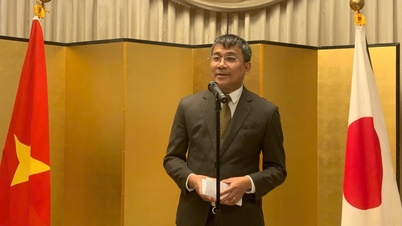

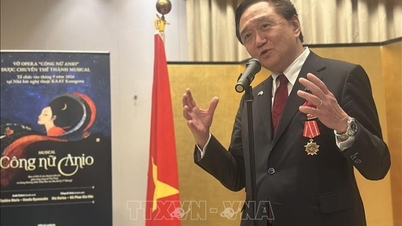

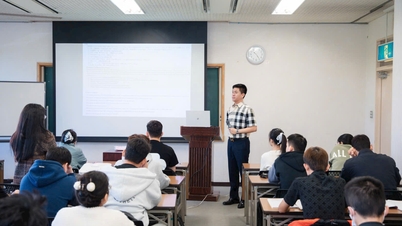











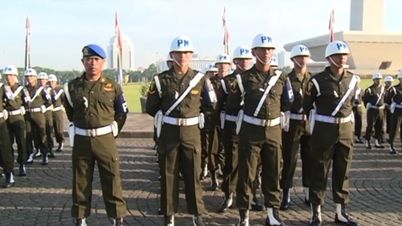








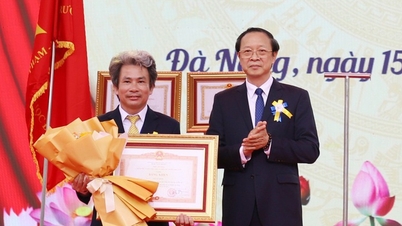
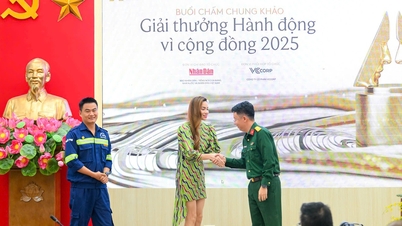





















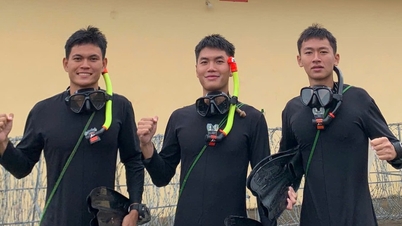
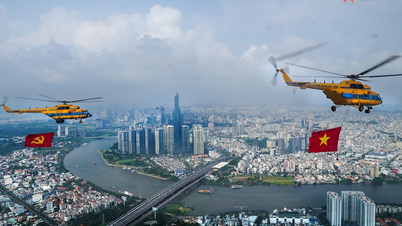

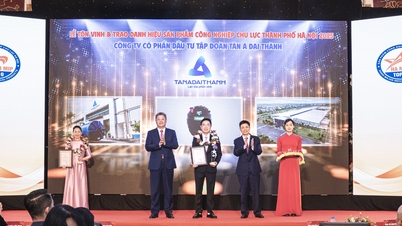


















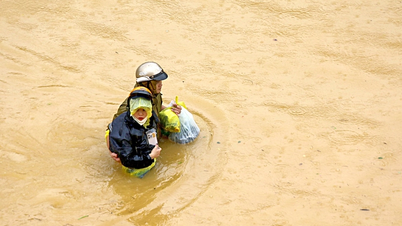
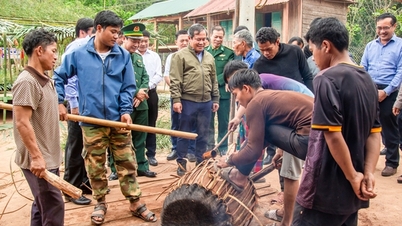
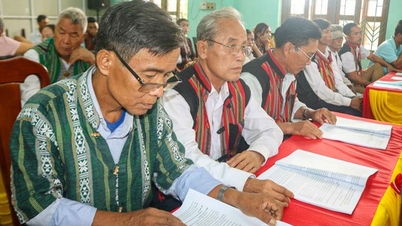
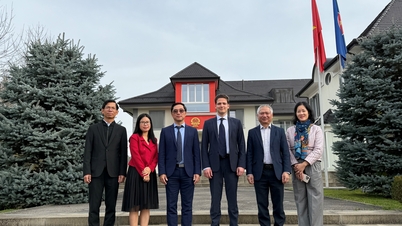

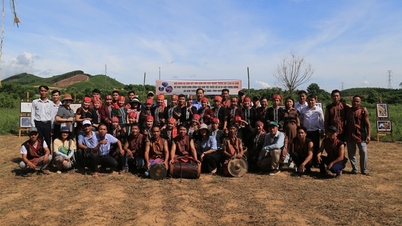

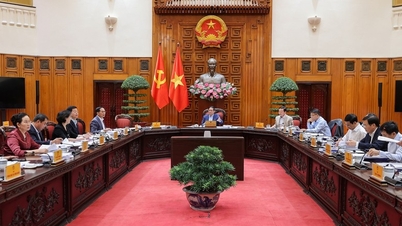

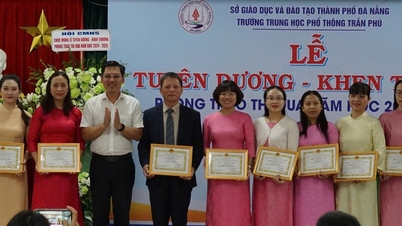

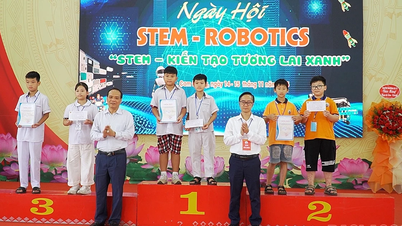
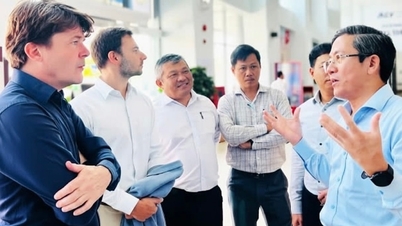
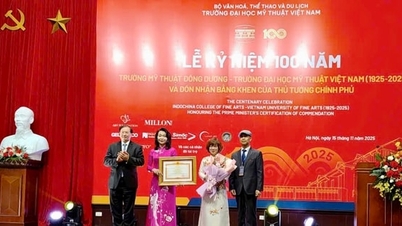
















Comment (0)